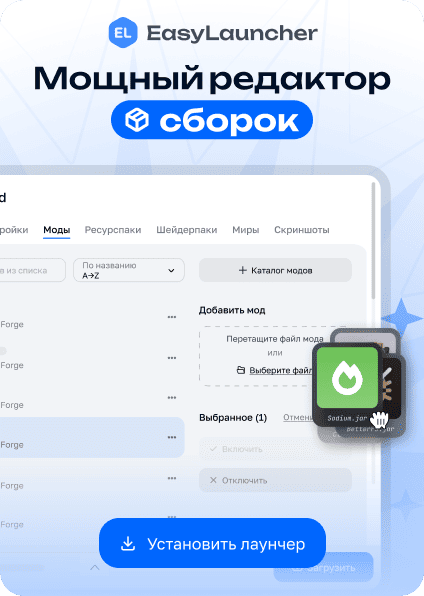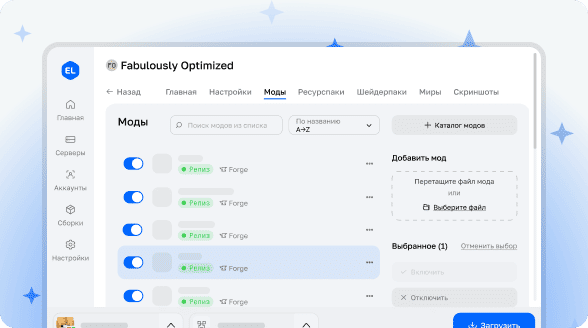

PackTest
PackTest provides developers with the ability to create game tests directly within data packs. Tests are *.mcfunction files located in a special test folder. This tool is perfect for verifying the functionality of custom data packs.
Usage Example
data/example/test/foo.mcfunction
#> Summons an armor stand and verifies its presence
# @template example:small_platform
# @optional
summon armor_stand ~1.5 ~1 ~1.5
execute positioned ~1.5 ~1 ~1.5 run assert entity @e[type=armor_stand,dx=0]
assert predicate example:test
setblock ~1 ~1 ~1 grass_block
execute if block ~1 ~1 ~1 stone run succeed
fail "Oh no"Asynchronous Testing
Test functions support asynchronous execution using the await keyword!
setblock ~ ~ ~ stone
summon item ~ ~6 ~
await entity @e[type=item,distance=..2]
await delay 1s
data merge entity @e[type=item,distance=..2,limit=1] {Motion: [0.0, 0.01, 0.0]}Running Tests
Tests can be run directly in the game using the test command:
test runall— runs all available teststest runall <namespace>— executes tests from the specified namespacetest run <test>— runs a specific test by nametest runfailed— repeats all previously failed teststest runthis— runs the nearest testtest runthese— executes all tests within a 200-block radius
Automatic Test Server
Tests can also be run automatically, for example, in a continuous integration environment. When the -Dpacktest.auto parameter is set, the game test server automatically starts with loaded tests. The process terminates after all tests are completed, and the exit code corresponds to the number of failed tests.
The -Dpacktest.auto.annotations parameter generates GitHub annotations for all testing errors and resource loading issues.
Testing Commands
fail
fail <text_component>— fails the current test and exits the function
succeed
succeed— always succeeds the current test and exits the function
assert
assert <condition>— if the condition fails, fails the testassert not <condition>— if the condition succeeds, fails the test
await
await <condition>— similar to assert, but retries the check every tick until success or timeoutawait not <condition>— retries the check until the condition failsawait delay <time>— waits for the specified amount of time with unit
Check Conditions
block <position> <block>— checks if the block at the specified position matchesdata ...— checks NBT data using theexecute if scoresyntaxentity <selector>— checks for entities matching the selectorpredicate <predicate>— checks a predicate in the data packscore ...— checks scores using theexecute if scoresyntaxchat <pattern> [<receivers>]— checks if a chat message matches the regex pattern
Test Players (Dummies)
Artificial players are created using the /dummy command. Dummies do not save data to disk and do not load skins.
Main dummy management commands:
dummy <name> spawn— creates a new dummydummy <name> respawn— respawns the dummy after deathdummy <name> leave— removes the dummy from the serverdummy <name> jump— makes the dummy jumpdummy <name> sneak [true|false]— enables/disables sneak modedummy <name> sprint [true|false]— enables/disables sprintdummy <name> drop [all]— drops the item from handdummy <name> swap— swaps items between handsdummy <name> selectslot— selects a different hotbar slotdummy <name> use item— uses the item in handdummy <name> use block <position> [<direction>]— uses the item on a blockdummy <name> use entity <entity>— uses the item on an entitydummy <name> attack <entity>— attacks an entitydummy <name> mine <position>— mines a block
Testing Directives
Tests can be customized using special comments at the beginning of the function:
@template— specifies the structure template for the test (default: empty 1x1x1 structure)@timeout— sets the test timeout (default: 100)@optional— allows the test to fail (default: false)@dummy— creates a dummy at the start of the test and sets@sto it@batch— test batch name (default: packtestBatch)@beforebatch— command to run before the test batch@afterbatch— command to run after the test batch

